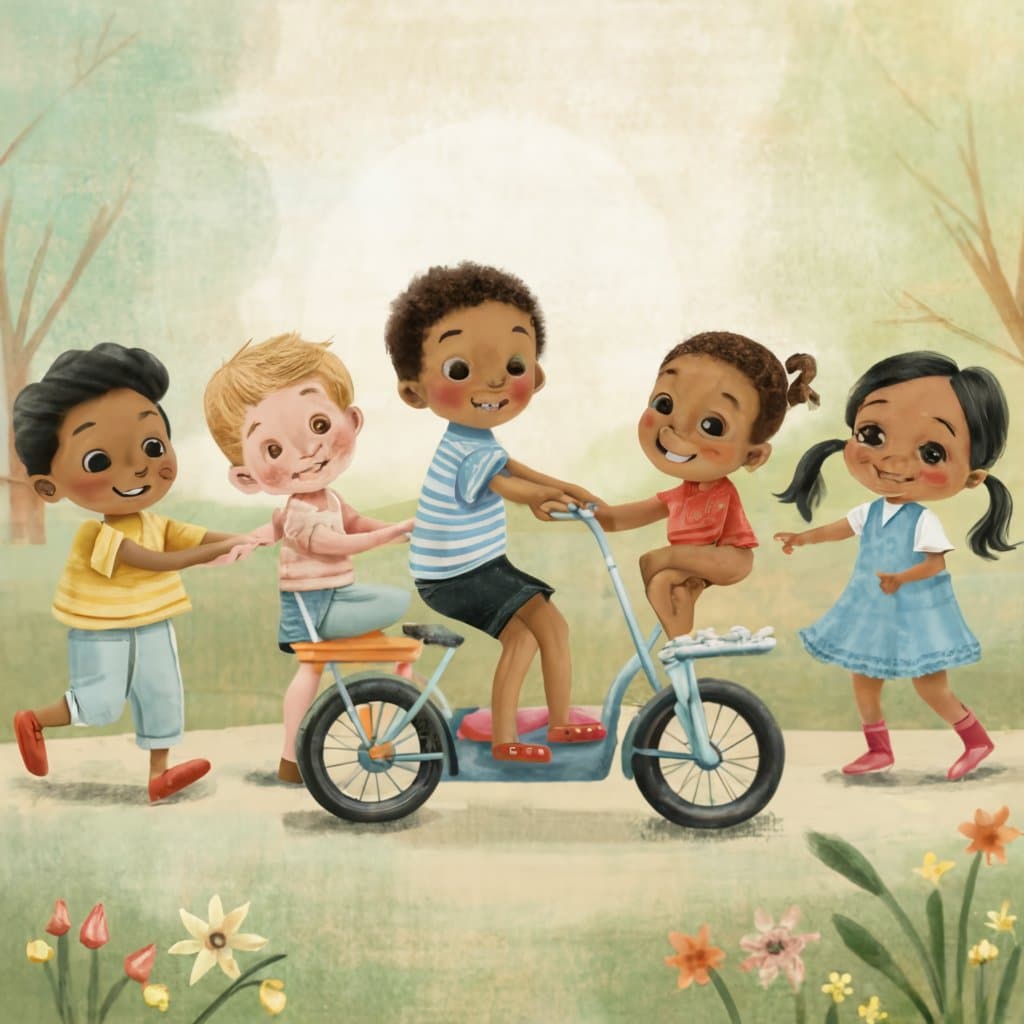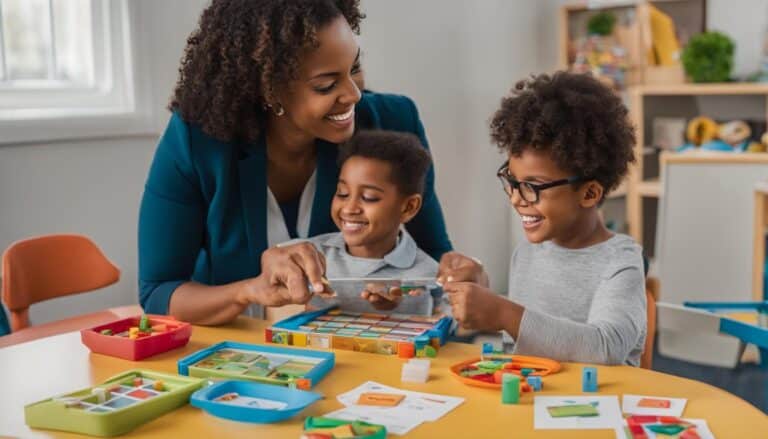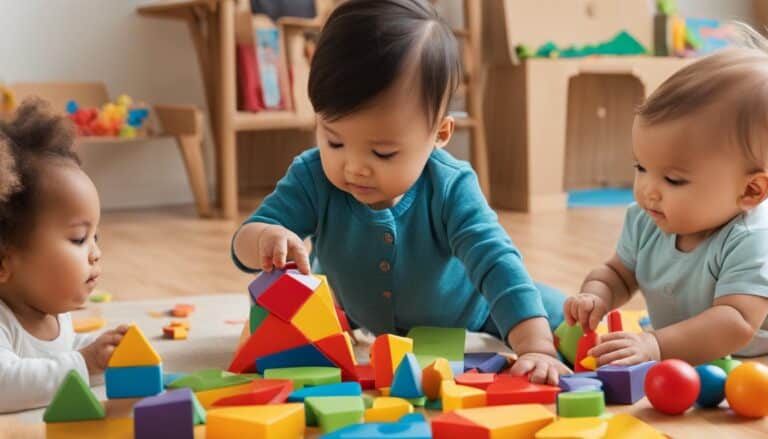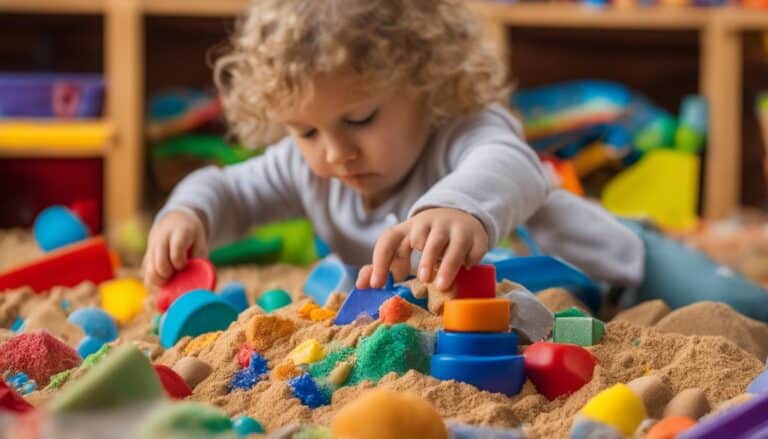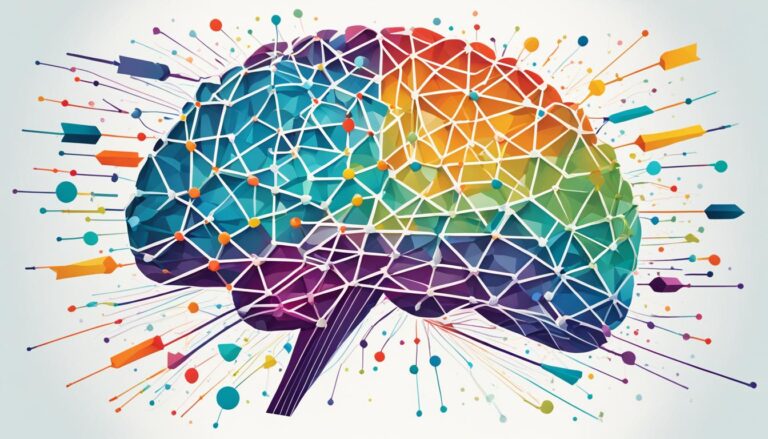Early Childhood Milestones: A Comprehensive Guide to Developmental Benchmarks
Children grow and develop at a remarkable pace in their early years, meeting critical milestones that shape their overall development. Tracking these early childhood milestones is essential for parents, caregivers, and educators, as it helps identify areas where a child may need additional support. This article will delve into these vital milestones, covering physical, cognitive, emotional, and social benchmarks that serve as indicators of healthy development.
Key Aspects of Early Childhood Milestones
Early childhood milestones are divided into several categories, each focusing on different areas of development. Understanding these categories provides a clearer picture of a child’s growth and progress.
Physical Development Milestones
Physical development involves gross and fine motor skills, which are critical in a child’s ability to interact with their environment.
- Gross Motor Skills
- Examples: Rolling over, sitting, crawling, and walking.
- Age Range: Generally, babies start rolling over around three to five months, sit up by six to eight months, and take their first steps around 12 months.
- Fine Motor Skills
- Examples: Picking up objects, holding crayons, and beginning to write.
- Age Range: By 12 months, many children can grasp small objects between their fingers. By age two, they typically start using crayons, and by age four, they can often draw simple shapes.
Cognitive Development Milestones
Cognitive milestones include problem-solving abilities, memory, and attention span. They highlight a child’s intellectual growth and readiness to learn.
- Early Problem-Solving Skills
- Examples: Reaching for objects, figuring out simple puzzles.
- Age Range: Around six months, babies explore cause-and-effect, such as shaking toys to make noise. By age two, many children enjoy figuring out simple puzzles and games.
- Memory and Recognition
- Examples: Recognizing familiar faces and objects.
- Age Range: Babies begin recognizing caregivers’ faces as early as two months. By age one, they can remember simple routines and objects.
Emotional and Social Development Milestones
Emotional and social milestones reflect how children interact with others, manage their feelings, and form relationships.
Forming Attachments
Strong attachments to caregivers form the basis of social development.
- Examples: Smiling, laughing, and showing separation anxiety.
- Age Range: Infants usually start smiling around two months, showing laughter by four months, and experiencing separation anxiety between eight and 12 months.
Developing Empathy and Social Play
By observing others, children begin to understand empathy and engage in social play.
- Examples: Sharing toys, role-playing.
- Age Range: Around age two, children show empathy and start engaging in parallel play. By age three, they often begin role-playing with others.
Language and Communication Milestones
Language is a vital skill that children develop in stages, starting with sounds and gradually forming words and sentences.
Early Sounds and Babbling
Babies experiment with sounds before learning to form words.
- Examples: Babbling, responding to sounds.
- Age Range: By three months, babies coo and babble. By six months, they often respond to their names and common words.
Vocabulary Expansion
As children grow, their vocabulary expands rapidly, often surprising parents with new words daily.
- Examples: Saying “mama” or “dada,” using simple sentences.
- Age Range: By 12 months, many children say their first word. By two years, they can typically use simple sentences, and by three, they understand basic grammar.
Importance of Tracking Early Childhood Milestones
Tracking milestones allows parents and caregivers to monitor a child’s growth and identify potential delays early. Recognizing delays in development can help ensure timely intervention, which is crucial for improving a child’s long-term outcomes.
When to Consult a Specialist
If a child consistently misses developmental milestones, consulting a pediatrician or specialist is advised. Early interventions, such as speech or occupational therapy, often lead to positive outcomes for children with developmental delays.
FAQs About Early Childhood Milestones
1. What are the most critical milestones in early childhood?
The critical milestones include physical abilities like walking, language development like first words, and social behaviors like sharing.
2. When should a parent worry about missed milestones?
While children develop at their own pace, consult a specialist if a child consistently lags in milestones compared to typical age ranges.
3. How can parents support milestone development?
Engaging in activities that stimulate motor, cognitive, and language skills, such as playtime, reading, and interactive games, can support development.
4. Can a child catch up if they miss early milestones?
Yes, with proper support and intervention, many children can catch up to their peers.
5. Do all children develop at the same rate?
No, each child develops at their own pace, but tracking milestones helps detect areas needing support.
